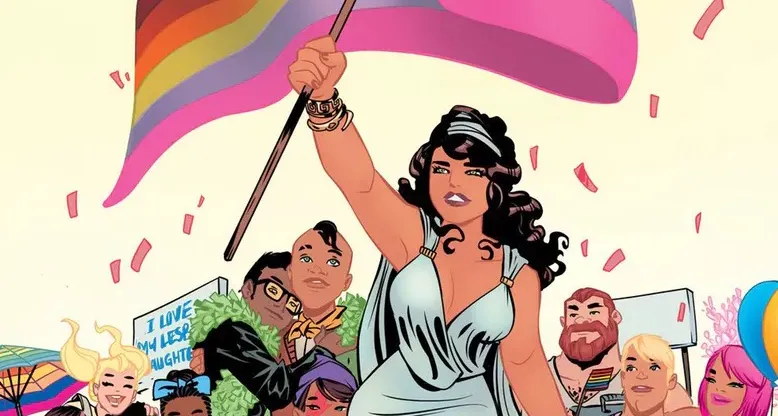School bans book on Pulse shooting over ‘extreme homosexuality’

The graphic novel, which became a New York Times bestseller, contains no explicit sexual content.
A former teacher has said her school banned an LGBT graphic novel created to honour and raise fund for the victims of the 2016 Pulse nightclub shooting.
Anna Waugh, who used to teach English at Irving High School near Dallas, Texas, wrote about the incident in The Dallas Voice.
Waugh said the English faculty had decided to create a “social justice graphic novel unit based on the interests of our students” in 2018.
She wrote: “What followed was the sudden removal of all six novels from the unit because of one LGBT-themed text.
“This was followed by silence from leadership, an eventual cover-up by the district, and a new policy gatekeeping teacher-selected materials.”
The graphic novels had been chosen to cover issues relevant to the students, including bullying, abuse, child labour, violence and bigotry.

- The graphic novel raised funds for the victims of the 2016 Pulse nightclub shooting (Spencer Platt/Getty Images)
The idea was supported by the school principal and the school district grant paid for their purchase.
After the books arrived, however, the principal told the teachers to put them back into the boxes because of a complaint received by the Irving School District Superintendent Jose Parra.
In a committee meeting, an issue was reportedly made over the Pulse book Love is Love because of its “extreme homosexuality”.
The graphic novel, which became a New York Times bestseller, contains no explicit sexual content.
More than $165,000 was raised by the sales of the book, which was donated to the victims of the shooting.
Waugh wrote: “The text is tasteful and respectful and, sadly, representative of this tragic event in our community’s history. By the end of the school year, the banning of Love is Love was official.
“Officially, no professional reviews, paperback-only format and “mature content” sentenced it to banishment. Yet many books are used Irving ISD without professional reviews, especially graphic novels that often don’t get reviewed at all.
“Other books in this unit were also paperback, and they were all retained. As for ‘mature content’, the back cover does suggest it be for ‘mature readers’, yet high school falls under that category.”
When State Representative Rafael Anchia questioned Parra about the book’s removal following a sit-in at his legislative office, Parra reportedly denied knowledge of the incident even though Waugh and her colleagues had spoken with his office about it.
Waugh said: “Emails went back and forth between the district’s legal counsel and McDonnell, but the district held firm to the ban, citing a new policy that requires six-weeks’ notice for non-approved texts.
“This was not the policy in spring 2018, and it can only have been created to prevent future LGBT-inclusive texts.”

